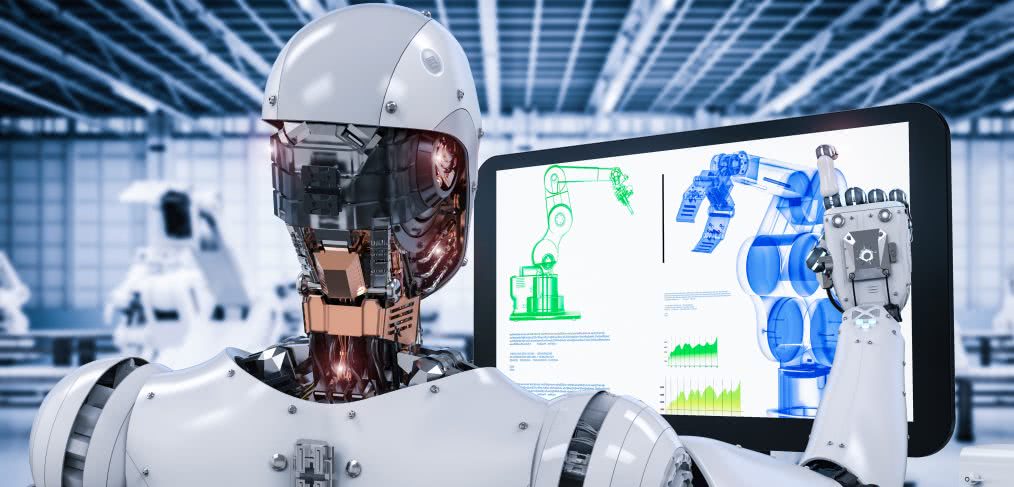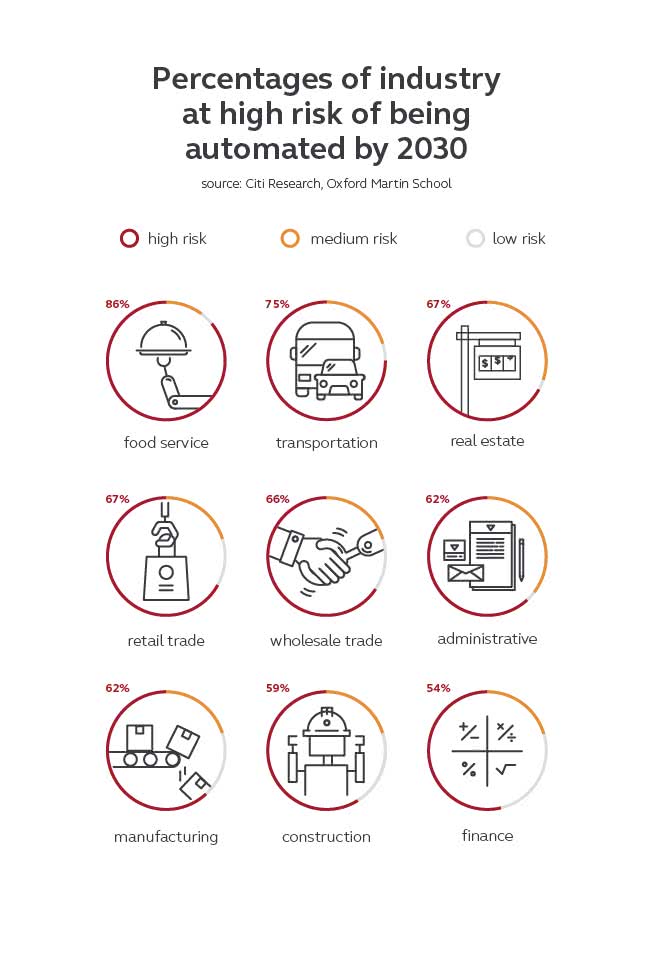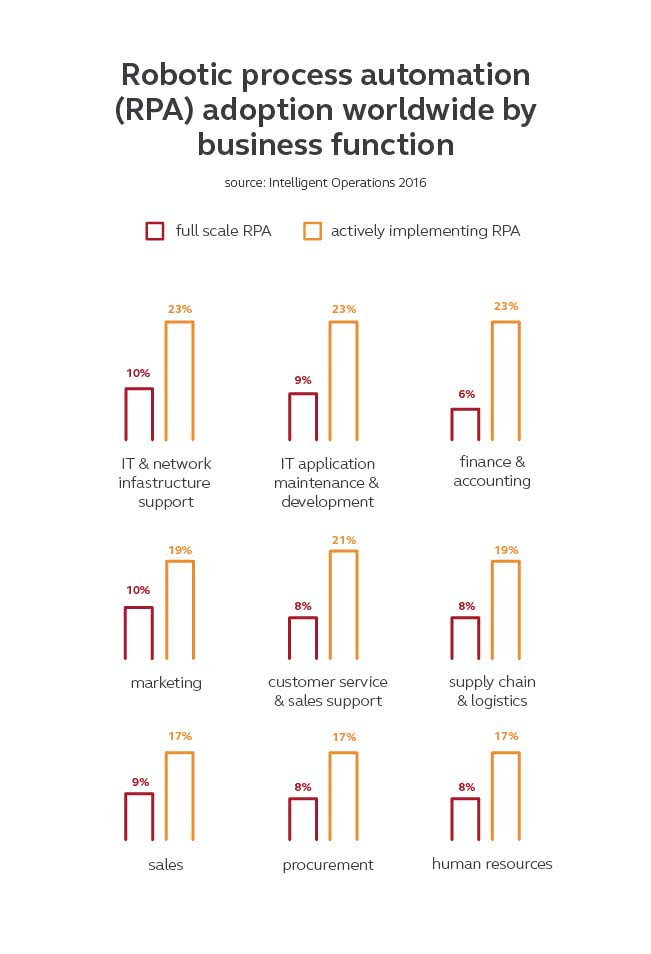
DATÜM: Job Survival in the AI Workplace
Recently, Tesla CEO Elon Musk told political leaders that artificial intelligence poses an “existential threat” to human civilization. Microsoft co-founder, Bill Gates, believes that companies that employ robots to take human jobs should pay taxes. Fair ‘nuff, but it makes one wonder: Can smart machines and humans happily co-exist? Or are we doomed to a future of servitude to smarter, more efficient robot overlords?
ARTIFICIAL INFLUENCE
We live in a time where technology advances at a breakneck speed, and policies and regulations simply cannot keep pace. Already today drones circle over-head delivering Amazon goods on our rooftops and autonomous vehicles merge into the fast lane with an ease and seamlessness never thought possible…all while the Federal Aviation Administration and the National Highway Traffic Safety Administration clamor to regulate use or understand the deeper implications. After years of living with the idea of AI—thanks largely to Hollywood—suddenly it’s here…and no one seems convinced it’s a good thing, especially when it comes to the workplace.
Global consulting firm, Accenture, predicts that AI technologies will increase labor productivity by up to 40 percent, presumably enabling humans to make more efficient use of their time. Or take more time off. So, will AI push us all out of a job? Will we have to compete with robots or is coexistence feasible? Don’t believe the hype? Consider the data:
 INTELLIGENT INSPIRATION
INTELLIGENT INSPIRATION
Still not convinced? Here are some examples where artificial intelligence is already making an impact:
Smart Learning Systems
Deep learning, similar to big data analysis, involves processing large quantities of data in real time to make better decisions. Machines learn from data. Google’s AlphaGo software is the first computer program to defeat a professional human Go player, demonstrating the power of its deep learning tactical skills. Google’s AI-powered health tech subsidiary, DeepMind Health, uses technology loosely based on bitcoin to let hospitals and eventually even patients track personal data in real time to provide better care.
Cognitive Retail
Retail, too, is becoming automated. We use technology to simplify payments, improve customer service, manage staffing levels and personalize the shopping experience. Ranked the top global retailer, Wal-Mart has about 15% fewer workers per square foot of store than a decade ago thanks to AI. IBM Watson, essentially a cognitive system, drives the North Face’s new online shopping tool. The system relies on a range of information—time of year and location the gear will be used, budget, etc.—to help inform customers on what to buy and what else may be of interest. North Face reports that shoppers who use the tool are more likely to complete their purchase.
 DESIGNING A SMART SOLUTION
DESIGNING A SMART SOLUTION
The optimist in me doesn’t believe that robots and humans will be in lobbies rubbing elbows and waiting anxiously for interviews for the same job. New jobs will be created and humans will need to adapt to the changing needs of the workforce. Here are a few solutions that can be applied to the built environment:
Office + University in One
Why does school stop once people leave college? Extended education and job training should be part of our weekly routine. In the future, buildings will be designed to provide both employment and education space so that employees can take classes during the day to stay on top of the latest technological advancements and on-the-job skills. On-site continued education allows companies to invest in their employees and bring them into the future—even one filled with robots. This keeps the talent pool competitive and older generations abreast of the latest job skills so they can more efficiently work with younger generations. Schools need to know which jobs are at risk so that they aren’t teaching new generations skills that won’t be needed by the time they are looking for jobs.
Administrative Suburban Robo-Campus
PricewaterhouseCoopers estimates that by 2030, 30% of UK jobs that perform routine tasks will be automated. That’s a lot of robots. And where do we keep them? Thankfully, robots require a lot less space than humans and could even be kept off-site, allowing companies to save precious urban real estate. Robo-campuses are a way to consolidate these automated administrative services in more suburban and rural areas so that highly coveted real estate space can be used by humans.
Freelance Customer Service Jobs
According to TimeTrade, 40% of consumers are extremely likely to make a purchase if they are helped by a knowledgeable associate, and 47% of consumers value prompt service when shopping in a store. But with the rise of e-commerce and AI-powered technology, companies can now staff their stores based on expected traffic levels, and consumers are beginning to prize convenience above all. Due to these technological advancements, retail jobs have taken a hit over the years. One solution to that problem is to make customer service jobs freelance so that they aren’t dependent on one particular store being busy ‘round the clock or a retailers success – or failure. Customer service representatives could be hired by outside staffing companies and trained in a variety of store brands and merchandise so that they can flow more freely throughout a high street or shopping center as the need arises. This allows for human interactions to take place without compromising retail jobs, which in turn makes consumers complete purchases and return to stores—saving these jobs from a completely automated future.
